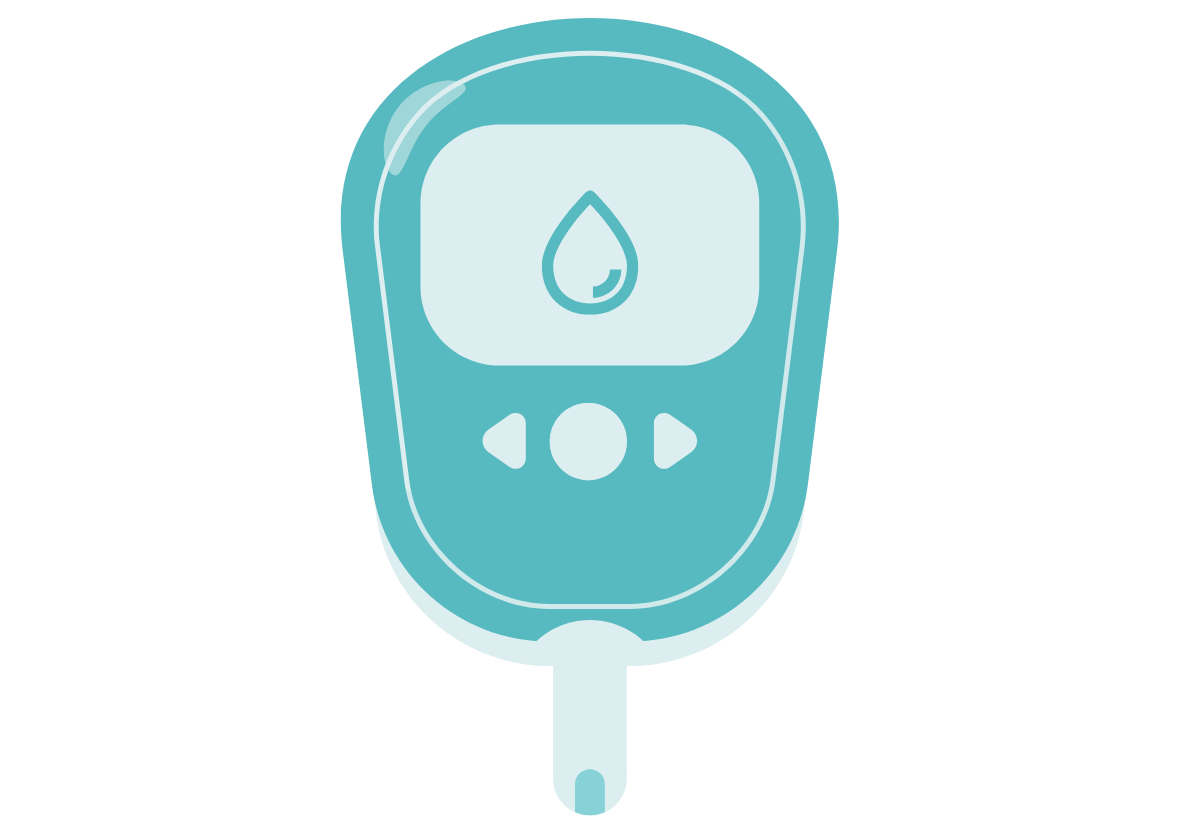The CATT1 clinical research study is for people who have T1D. The study will test an investigational medication (cadisegliatin) to learn if it can help reduce the frequency of low blood sugar (hypoglycemia).
Study participants may be able to join the study if they meet the following requirements:
18 years of age or older
Confirmed diagnosis of type 1 diabetes mellitus with a minimum of 5 years since diagnosis
Other study requirements will apply
Participation in CATT1 study will last approximately 9 months. Study participants can expect the following:






Participation in a clinical study is voluntary. You can ask any questions you have and may leave the study at any time, for any reason.
The investigational study drug, cadisegliatin (also called TTP399), is a tablet taken by mouth. It is designed to stimulate the liver and improve the liver’s ability to store sugar from food, which is being investigated in the CATT1 study as an addition to insulin treatment to learn if it may help reduce episodes of high or low blood sugar levels.
If you decide to join the study, you are randomly assigned to 1 of 3 groups. You either receive cadisegliatin, placebo (no active ingredients), or a combination of the two. Regardless of receiving the study drug or placebo you will still receive insulin. Neither you, nor the study doctor and staff will know what study group you are assigned to.
Investigational means the study medication is not approved by regulatory authorities like the US Food and Drug Administration (FDA), and it can only be used in clinical research studies like CATT1.
Type 1 diabetes mellitus is a condition where the body’s immune system attacks the cells that make insulin, a hormone that helps move sugar from the blood into the cells for energy. Without insulin, blood sugar levels get too high, which can be harmful. People with type 1 diabetes need to take insulin every day to stay healthy. Researchers still do not know exactly why this happens, but clinical trials like the CATT1 study are working to find new ways to help support people living with type 1 diabetes.
American Diabetes Association
T1D Exchange
Breakthrough T1D
Here are some common questions and answers about study participation.
Clinical research studies, or trials, help scientists and doctors explore whether a medical strategy, device, or medication is safe and effective for people. Before any medication can be approved and made available to the public, it must go through several phases of clinical research.
Before enrolling in a clinical trial, you must sign an Informed Consent Form (ICF). The ICF contains information about the study, including study goals, how long the study will last, benefits and risks, and the tests and procedures you will receive.
Study participation usually involves visiting a clinic regularly, taking or receiving an investigational medicine, and having assessments to monitor your health. You can still see your regular doctor, but you should let them know that you are participating in a study.
Participation in clinical research studies is your choice, and you may stop at any time.
If you have additional questions about participating in a clinical research study, contact a study clinic near you.
Use the filters, map, and listing to find the study clinic closest to you.
Contact a study clinic to learn more.